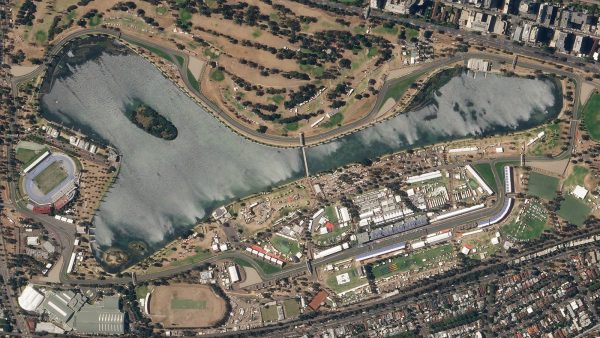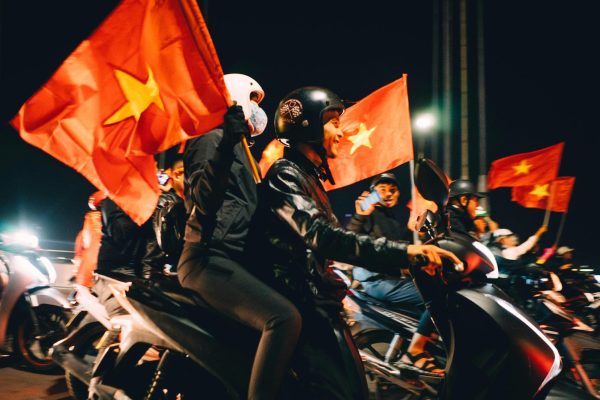From Penalties to Protests: How Activism Has Pervaded Sports

The date is September 1, 2016. As the national anthem reverberates through the San Diego Stadium, one player is seen kneeling between his teammates. He’s met with a loud roar of boos from the audience, and is soon blackballed by the NFL. Colin Kaepernick’s actions on that day were not in vain, however, as getting down on one knee has been adopted as a form of protest against racism throughout the sports world. The image of him kneeling is now iconic within modern racial activism. The movement which Kaepernick ignited is emblematic of sports’ rich history in sparking change and serving as a platform to protest injustice.
One much earlier example of athlete activism took place a few months after Martin Luther King Jr. was assassinated in 1968. After the 200 meter race in that year’s Summer Olympic Games, two of the athletes on the podium, Tommie Smith and John Carlos, held their fists high in support of the black liberation movement. Meanwhile, the silver medalist Peter Norman wore a badge in support of the Olympic Project for Human Rights. The athletes were met with a similar reception by the audience as Kaepernick: disapproving remarks hurled at them. Though they were all subject to abuse and death threats, their demonstration stands as one of the most powerful political statements in the history of the Olympics.
One of the reasons that sports are such an effective medium to protest against injustice is due to how deeply they have historically been embedded within human culture. Records of sports being invented and played go all the way back to 5000 B.C.. Sports also serve as one of the most culturally significant pastimes within modern-day society, with a survey conducted by Statistia in America in 2021 finding that 72% of respondents considered themselves to be sports fans—whether that be avid or casual. As a result of the popularity and significance of sports, athletes are naturally within a position that will allow their voices to be heard if they choose to speak out, whether or not they are met with positive feedback upon doing so.
Some aspects of sports are also naturally tied to politics in some ways, meaning that they are inherently connected to political and societal issues. History professor Adrian Burgois Jr., who studies the history of U.S sports, said in an interview with Illinois News Bureau, “politics decide whether new stadiums are built, how they are funded and who profits from them. The playing of the national anthem at sporting events was a political decision.”
Activism is also present within sports scenes entirely unrelated to America. During the Egyptian Revolution in 2011, supporters of the rival soccer teams Al Ahly and Zamalek made a truce and organized against the autocratic Egyptian government in various demonstrations. The Egyptian Revolution, and by extent the soccer fans who supported it, fuelled the Arab Spring, which stands as one of the largest waves of political movements and protests in the modern day.
Through the actions of many fans and athletes, sports has been proven time and time again to be much more than just a pastime or form of entertainment. Instead, it stands as an important catalyst of social activism and change throughout the world, propelled by its historical significance in human culture and society.





